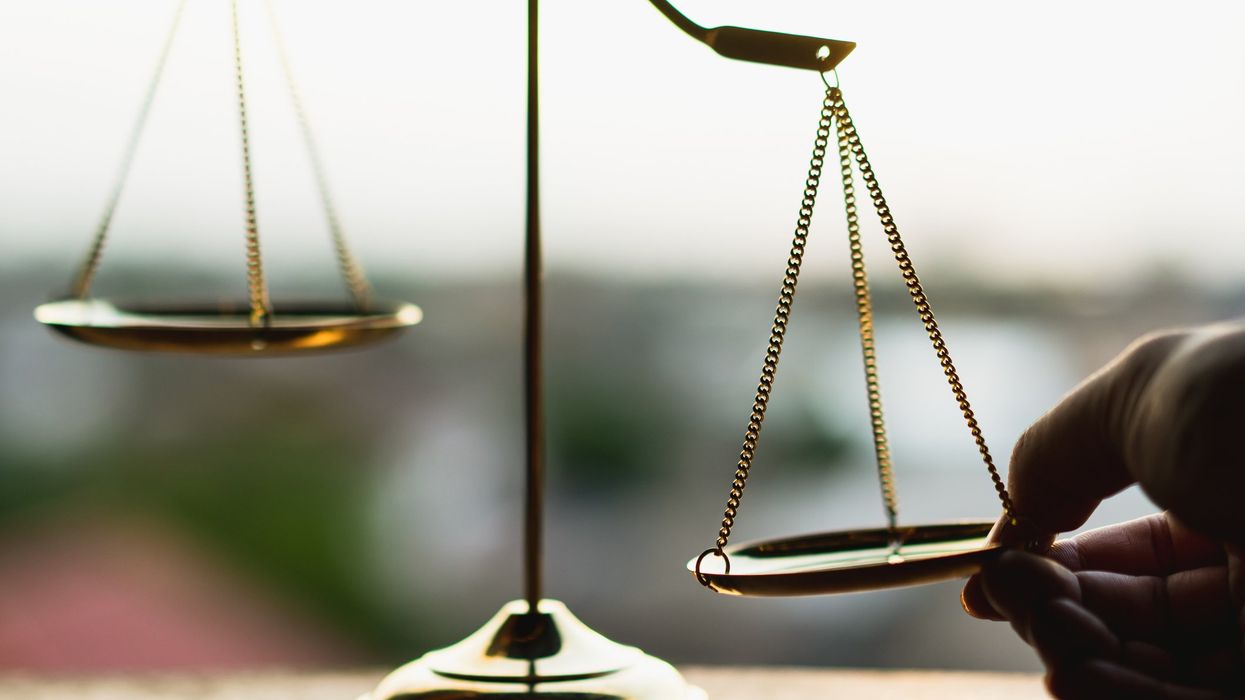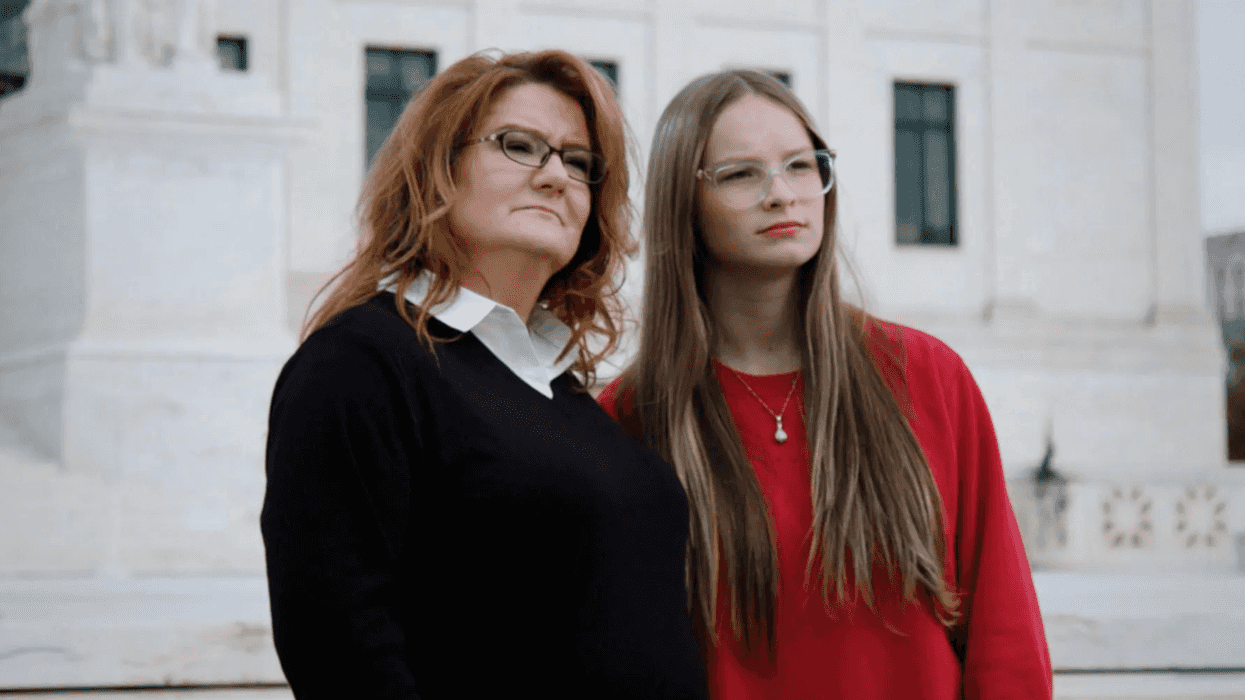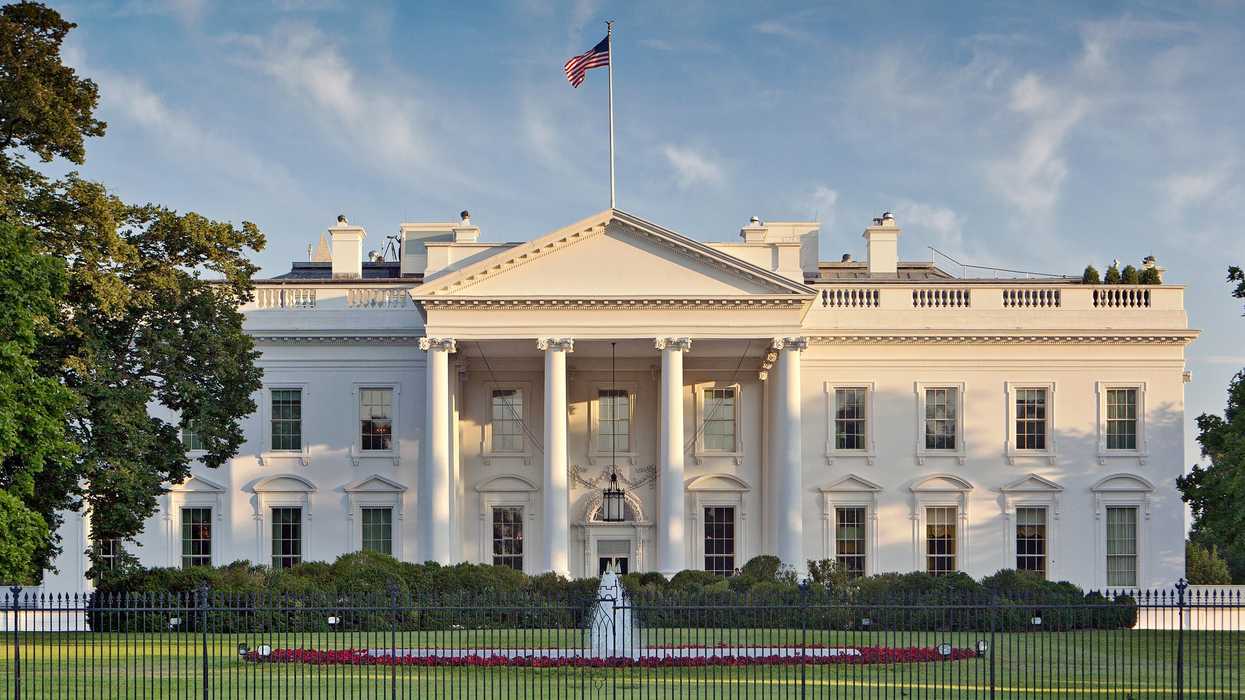Project Overview
This essay is part of a series by Lawyers Defending American Democracy explaining in practical terms what the administration’s executive orders and other executive actions mean for all of us. Each of these actions springs from the pages of Project 2025, the administration's 900-page playbook that serves as the foundation for these measures. The Project 2025 agenda should concern all of us, as it tracks strategies adopted by countries such as Hungary, that have eroded democratic norms and have adopted authoritarian approaches to governing.
Project 2025’s stated intent to move quickly to “dismantle” the federal government will strip the public of important protections against excessive presidential power and provide big corporations with enormous opportunities to profit by preying on America's households.
Part 3: Executive Orders and the Legal Profession
In this installment, we examine executive orders and related actions that impact the independence and integrity of lawyers and the legal profession, both within and beyond the Department of Justice (DOJ). This column focuses on measures taken by the Trump administration that target law firms perceived as opposing the President. These firms may have engaged in litigation challenging the current or previous administration’s actions or employed attorneys who have done so—or are perceived to have done so. Additionally, other executive actions have raised concerns about broader threats to the legal system’s independence.
Project 2025: Shaping the Legal Profession to Serve Presidential Priorities
Project 2025 addresses the legal profession through its analysis of the DOJ, asserting that the department has “lost its way.” It claims the DOJ has been overtaken by an “unaccountable bureaucratic managerial class” and “radical Left ideologues.” The document further contends that the DOJ’s litigation decisions should align with the President’s political agenda—a stance that would compromise the department’s traditional role as an independent prosecutorial agency and would risk politicizing its operations.
Executive Actions Targeting Lawyers’ Independence and Access to Legal Services
Continuing Project 2025’s push to challenge the legal profession’s independence, President Trump issued a series of executive orders and related actions aimed at restricting the autonomy and integrity of legal practitioners.
Several of these directives specifically target law firms engaged in investigations or legal representation of political opponents. The measures include:
- Suspending security clearances for attorneys representing individuals or organizations opposing the administration.
- Restricting access to government buildings and personnel, limiting firms’ ability to engage with federal agencies.
- Terminating or barring firms from federal contracts, cutting off essential funding and work opportunities.
- Imposing restrictions on legal advocacy, limiting the claims firms can pursue and arguments they may present—particularly when they conflict with administration priorities.
- Threatening adverse actions against firms’ clients, discouraging individuals and organizations from hiring these firms by subjecting them to similar punitive measures.
If unchallenged, these actions could have profound consequences. Affected firms risk exclusion from federal litigation, the loss of government partnerships, and the inability to represent clients whose legal positions diverge from the administration’s agenda. These measures pose a direct threat to the firms’ survival and, more broadly, to the independence of the legal profession itself.
Why This Matters
The cumulative effect of these executive actions is to erode lawyers’ independence, coerce compliance with the administration’s agenda, and punish those who dissent. The independence of legal professionals has been fundamental in ensuring the American judicial system’s fair and impartial administration of justice since its inception.
These measures have far-reaching consequences:
Eroding Government Accountability
By penalizing firms that take positions contrary to the administration, these executive actions serve as a warning designed to intimidate others. This chilling effect weakens lawyers’ willingness to challenge government policies and undermines their role in checking unconstitutional executive power.
Infringing on Free Speech
These actions also punish firms for expressing or defending viewpoints deemed unfavorable by the administration. In striking down one such order, U.S. District Judge Beryl Howell stated that it “…send[s] the clear message: lawyers must stick to the party line, or else.” By targeting firms perceived as adversarial, these measures instill fear across the legal profession and broader sectors—including non-profits, educational institutions, and advocacy organizations—creating significant risks for those who challenge government policies.
Reducing Access to Legal Representation and Pro Bono Services
These orders discourage individuals, businesses, and organizations from seeking counsel from disfavored firms, jeopardizing the firms’ financial sustainability and limiting access to legal representation.
The administration has also leveraged executive actions to pressure firms into providing so-called “pro bono” services on the government’s behalf—amounting to nearly $1 billion in legal work. Traditionally, pro bono work serves individuals and organizations in genuine need. However, legal representation for the government does not fit this definition, raising concerns about the distortion of this professional obligation.
Reports indicate a growing reluctance among law firms to provide traditional pro bono services or to take on cases that challenge government actions or protect vulnerable communities due to fear of reprisals.
Undermining the Independence of the Legal System
Threats against law firms restrict the range of legal arguments attorneys can present in court, jeopardizing the integrity of the justice system. If a president can dictate which clients or issues a lawyer may represent, the very foundation of an independent legal profession—and the rule of law itself—is at risk. Legal decisions must remain free from political interference.
Key Takeaway
These executive actions threaten to reshape the legal profession into one governed by political retribution rather than by the rule of law. They grant the president the power to dictate how firms operate and whom they serve, violating constitutional principles and undermining the legal profession’s fundamental right to represent clients free from government interference. The broader impact on the justice system would be severe and far-reaching.
Part One, The Impact of Trump’s Executive Actions: The Federal Workforce
The Impact of Trump’s Executive Actions: Efforts To Eliminate DEI
Lawyers Defending American Democracy is dedicated to galvanizing lawyers “to defend the rule of law in the face of an unprecedented threat to American Democracy.” Its work is not political or partisan.




















